If not used carefully or as recommended, energy drinks can have adverse effects. Energy drink is not recommended for some groups of people, especially children.
This is due to the wide variety of substances used in energy drinks, which can increase their likelihood of having a bad impact on your health like headache, coughing, restlessness, anxiety, and even fatal side effects.
There is no direct link between consumption of energy drinks and coughing but in some instances, some ingredients might be the cause.
So, if you are one of those who experience cough and throat problems after taking energy drinks, then you should keep staying tuned with us.
Let’s find out what could be the reasons.
Page Contents
Common Ingredients Of Energy Drinks
Every energy drink comes with the notion that they possess something different but some ingredients are common in almost all energy drinks.
| Ingredients In Energy Drinks | Their Characteristics |
| Caffeine | An alkaloid and stimulant with a pleasant taste |
| Sugar or sweeteners | Acesulfame potassium and aspartame are often used |
| Taurine | Boosts the central nervous system |
| Guarana | A South African herb that has twice as much caffeine as coffee beans and contains theophylline, saponins, tannins, theobromine, and flavonoids. It is used to increase energy levels and raises dopamine and other neurotransmitters that improve mood. |
| Ginseng | Helps with memory |
| L-carnitine | Can be used to boost energy and speed up metabolism |
| Glucuronolactone | Occasionally added to reduce fatigue and enhance wellbeing |
Do Ingredients Of Energy Drinks Make You Cough?
There is a certain possibility that an ingredient can be one of the reasons.
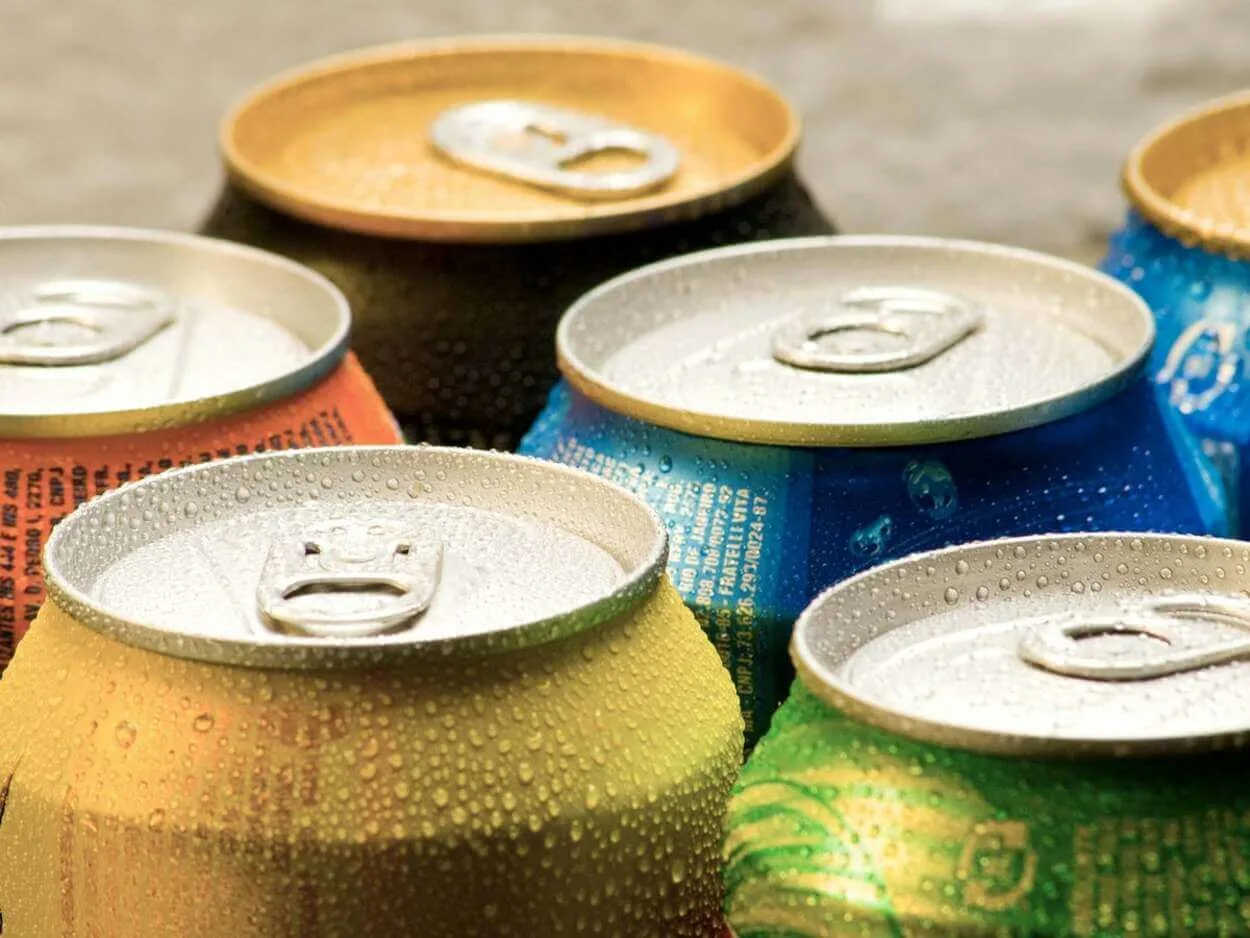
Any beverage that is advertised as being able to improve mental clarity and physical performance and contains high concentrations of a stimulant ingredient—typically caffeine—along with sugar and frequent supplements, like vitamins or carnitine.
However, studies have shown that caffeine is mostly to blame for energy drinks’ stimulating effects. The biological effects of other components, such as the vitamins B6 and B12 and taurine are unknown, but they may have biological effects.
Vitamin and other ingredient concentrations in energy drinks frequently surpass recommended daily allowances.
The most typical components of energy drinks are listed below, along with any adverse effects that can occur if you consume too much of them.
Let’s examine them one by one.
Can Caffeine Be The Reason For Coughing?
Although increased coughing is not a frequent side effect of caffeine use, it occasionally might.
Caffeine use may either start or exacerbate coughing in certain persons.
Your daily caffeine intake, any underlying medical conditions, and allergy susceptibility are a few factors that could affect how caffeine affects you.
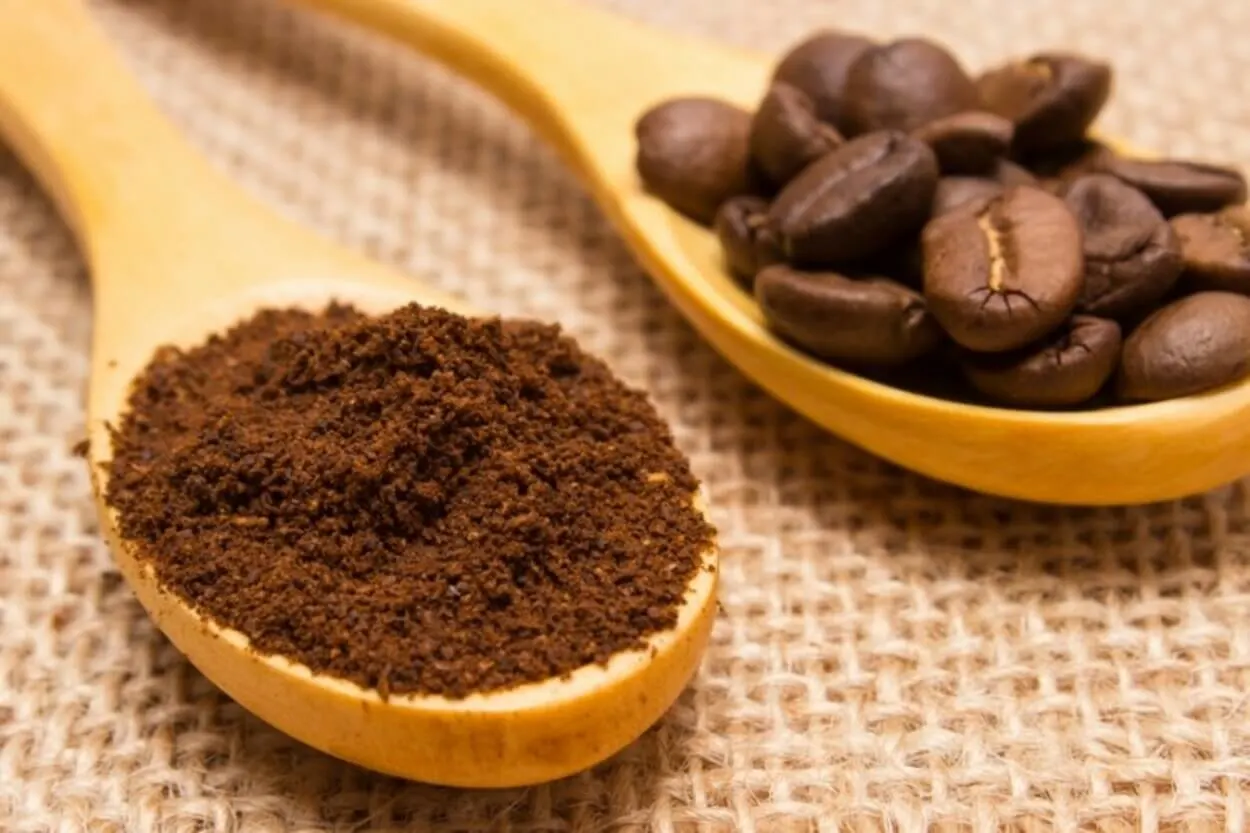
An allergic reaction is another cause of coughing after consuming coffee. Caffeine allergies do happen, albeit uncommon.
If you have a caffeine allergy, you might not only cough, but might also get additional physical symptoms including diarrhea, nausea, vomiting, or stomach cramps. A dose of more than 400mg per day may cause as well.
Does Sugar Is The Factor Behind Coughing?
Sugar can aggravate symptoms of a cold or allergy including a persistent runny nose, coughing up a lot of mucus, and showing signs of a sinus infection.
Sugar is one of the basic ingredients of energy beverages and put effects on our bodies. Understanding the distinction between naturally-containing sugars and added sugars is crucial when discussing sugar consumption.
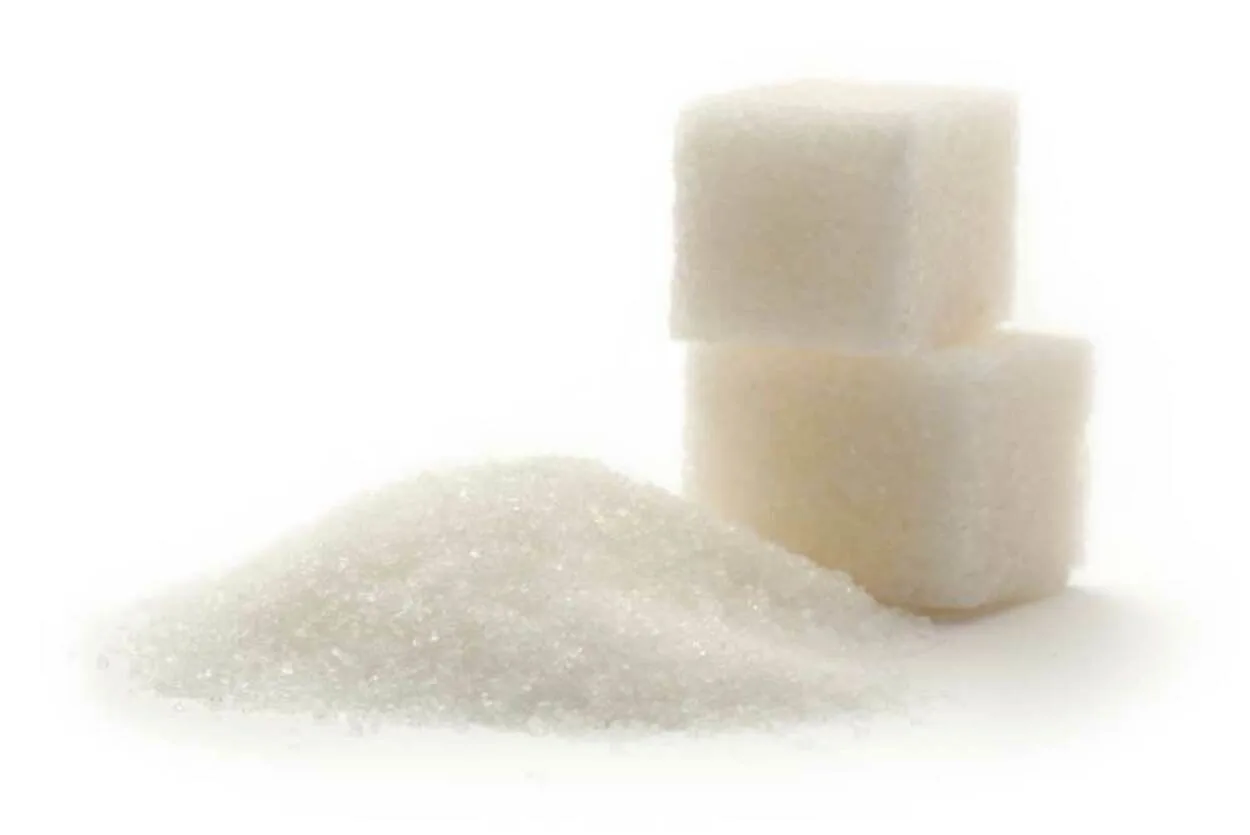
Those sugars that are naturally present in food and are not added during processing include those that are naturally present in vegetables, fruits, and many dairy products.
On the other hand, added sugars are any sugars that were added during the production process, whether they were high-fructose corn syrup, honey, or another substance.
Nutritionists assert that the beverage’s high sugar content causes a lot more harm than you might realize. Your body is immediately overwhelmed by tremendous sweetness after taking the first sip, and during the one hour or two, your blood sugar levels start to rise.
This forces the pancreas to generate extra insulin to adapt to the alterations. Within the first several hours, you might begin to experience a sugar “high.”
The body’s energy levels might drastically decrease after this, making you more exhausted, sleepy, and lethargic.
The cycle continues, making you crave sweets once more and forcing you to engage in unhealthy eating behaviors.
Is Ginseng Good For Cough?
An ongoing dry cough can be treated with ginseng.
It possesses inflammatory and pain-relieving qualities. For centuries, traditional Chinese medicine has utilized ginseng as a source of naturally occurring energy enhancers.
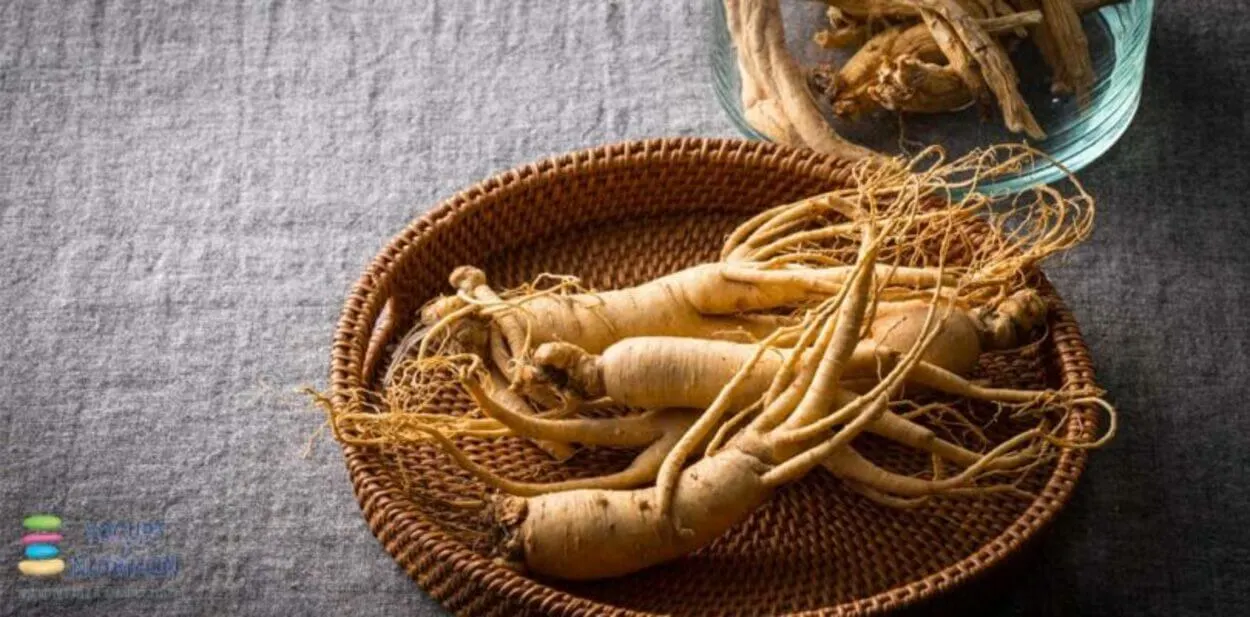
Even though ginseng has many advantages for one’s general health, multiple studies have demonstrated its advantages for people who are suffering from the common cold.
In a certain study, participants in one group received two capsules of North American ginseng, commonly known as Panax quinquefolius, daily whereas the control group received a placebo for four months.
The results showed that taking ginseng reduced the risk of recurring colds by an absolute amount that was roughly 12.8% lower.
Other Causes Of Coughing
A cough is meant to keep you safe. It expels things like ingested food or dirt that shouldn’t be in your lungs and windpipe. The usual triggers are discussed below.
Viruses
It is one of the most frequent causes of colds and the flu. While annoying, “productive” coughs help you get sick by clearing mucky mucus from your lungs.
Most will go in a few days. But some “dry” coughs persist for weeks following a cold.
That could be a result of coughing irritating your lungs, which causes you to cough more, irritating your lungs, and so on.
Asthma And Allergies
If you are suffering from them, breathing in a mold trigger can make your lungs overreact. They are making an effort to cough away their discomfort.
Irritants
Things like chilly air, cigarette smoke, and potent perfumes might cause a hacking fit even if you are not allergic to them.
Postnasal drip
When you have a cold, mucus from your nose runs down into your throat, making you cough. Postnasal drip can be brought on by the common cold, allergies, sinus infections, flu, and other conditions.
Acid Reflux
Stomach acids can back into your throat when you suffer heartburn, especially at night. Your throat, vocal cords, and windpipe may get irritated, causing you to cough.
How To Cure Cough?
Let’s discuss some of the most common remedies for cough.
Medicines
Several things can be done to benefit from over-the-counter cough medicines.
Your desire to cough is reduced with suppressants. Expectorants thin the mucus, which facilitates coughing.
Home Remedies
You can use moist air, consume warm liquids, and cough drops, and inhale warm. Alternatively, select a cough drop that contains it. Add honey to the tea.
A youngster under a year old should never be given honey.
Time
The most likely culprits are widespread viruses. After the illness has passed, the cough occasionally persists for weeks or months.
Your airways will start to recover with time, and the coughing will stop.
Prevent Triggers
Allergens should be eliminated from your home if you suffer from allergies or asthma. Do not allow pets in your bedroom. When pollen season arrives, use AC to filter the air.
Even if you won’t feel any better right immediately, if you avoid the source of your discomfort, you will eventually feel better.
Can Black Coffee Help Reduce Cough?
Black coffee dissolves mucus as well as momentarily relieves it.
Due to the amount of caffeine it contains, two cups should be the maximum per day as excessive caffeine consumption is unhealthy.
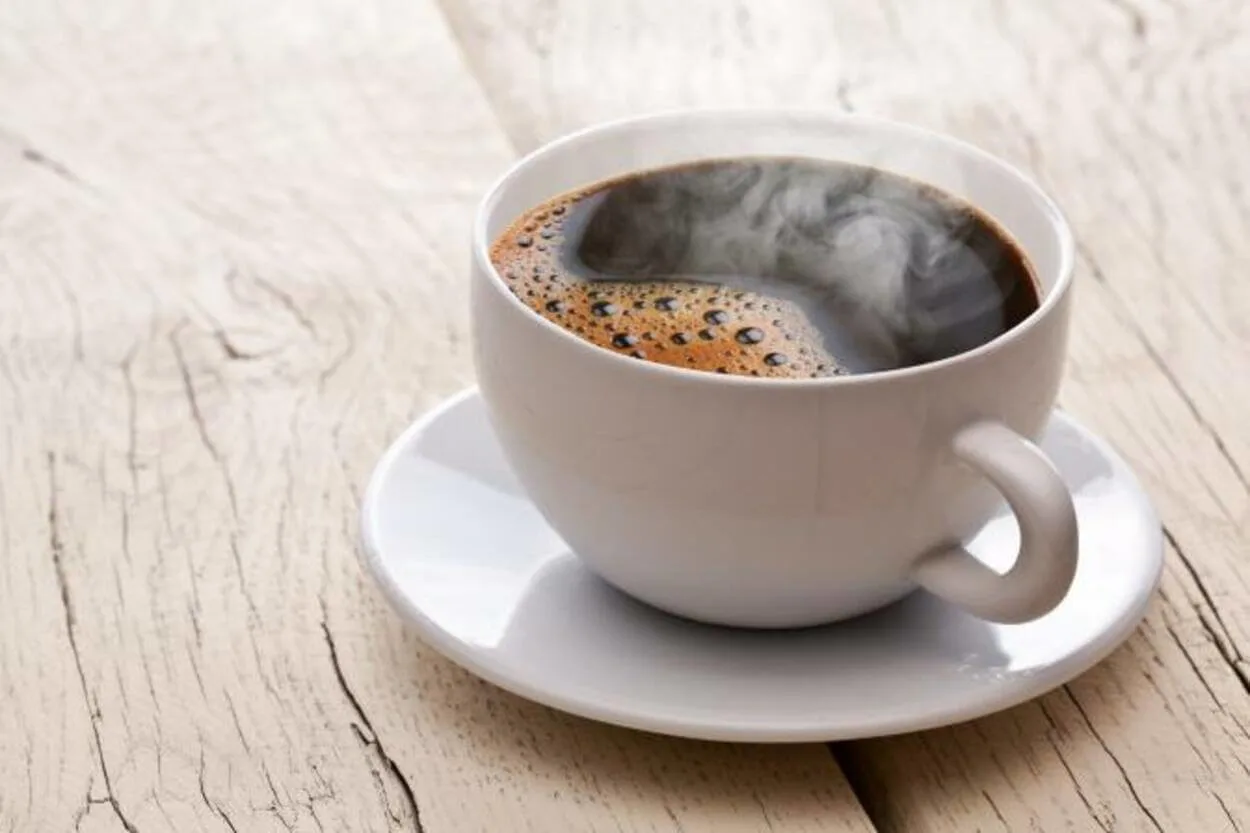
Due to the caffeine in black and brown tea, thick mucus might develop as a result. Caffeine causes dehydration and thick mucus when consumed.
From sunrise until dark, clear liquids including broth, juice, water, and other beverages should be consumed.
By consuming sufficient water, a strong immune system combats illness. However, it’s best to stay away from things like coffee, energy drinks, and caffeine.
Energy Drinks You Can Try
If you’re quite health-conscious, here’s a list of energy drinks you might want to try:
Conclusion
- Energy drink consumption and coughing are not directly related, but in some cases, certain ingredients could be to blame.
- Excessive intake of caffeinated beverages can be one of the factors that contribute to coughing.
- In certain people, caffeine usage might either cause coughing to begin or make it worse. The effects of caffeine may vary depending on your daily intake, underlying medical issues, and your sensitivity to allergies, to name a few.
- Sugar can make cold or allergy symptoms worse, such as a continuously runny nose, a lot of mucus when coughing, and sinus infection symptoms.
- Ginseng can be used to treat a persistent dry cough as it has anti-inflammatory and painkilling properties.
- To be on the safe side, consume energy drinks moderately.
